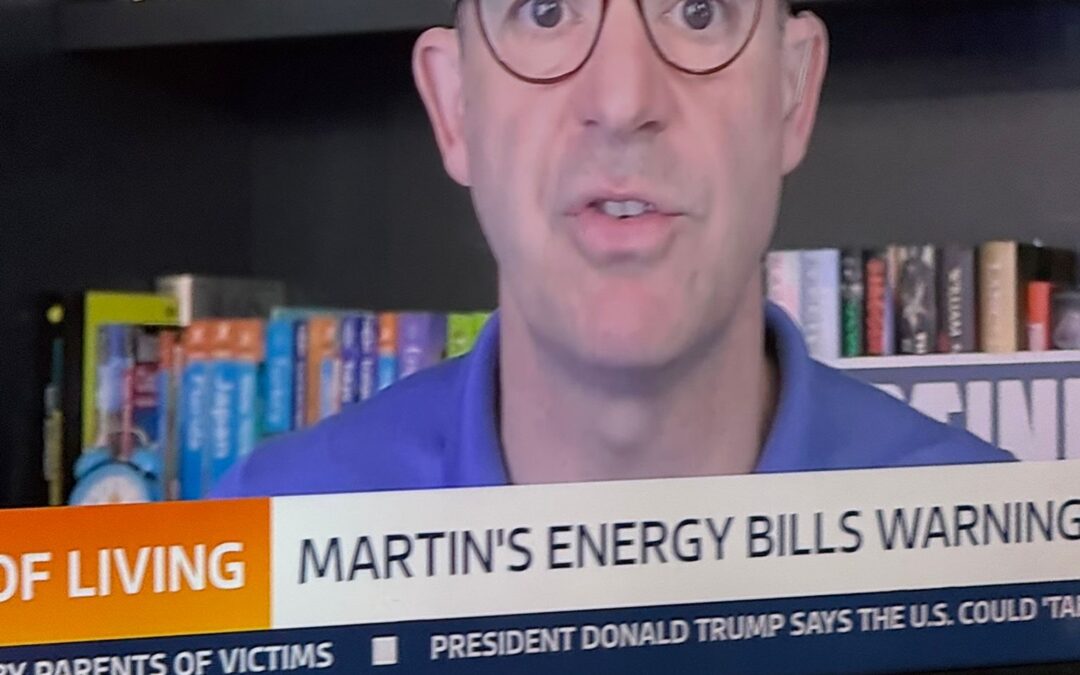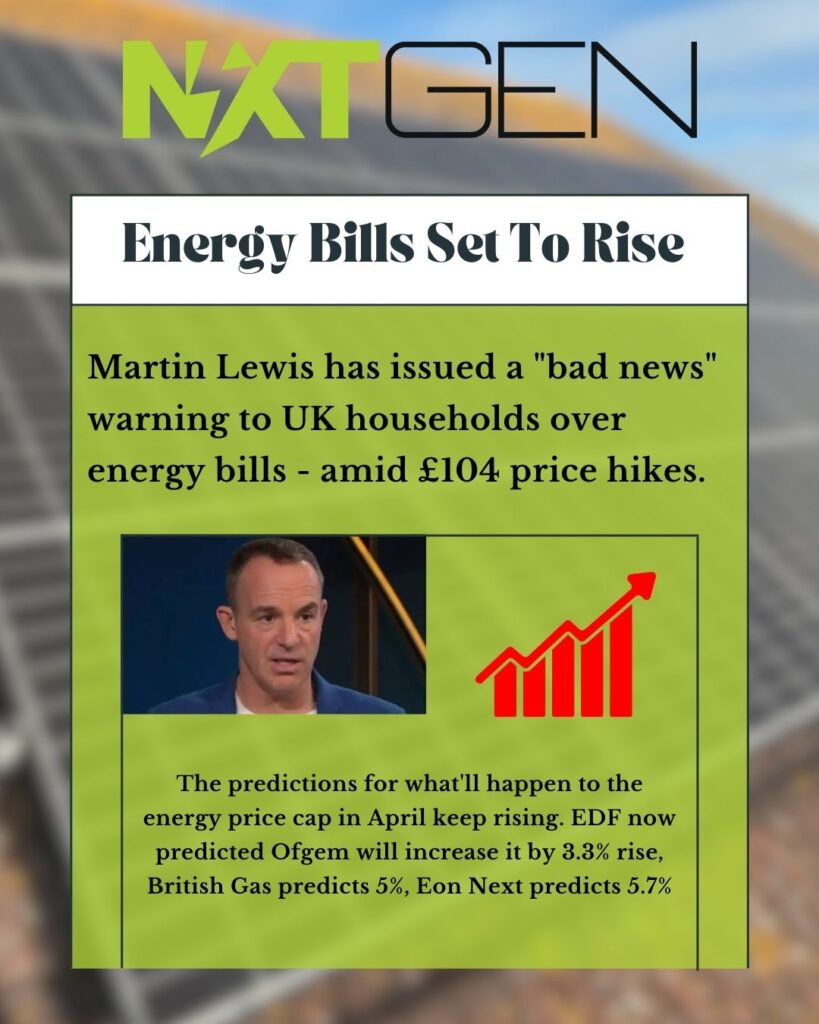


Renowned financial expert Martin Lewis has recently issued a critical advisory regarding the impending surge in energy prices set for this spring. The current Ofgem price cap, established at £1,738 annually for households with typical energy consumption who pay via direct debit, is poised for yet another hike come April 2025.
Current Ofgem Price Cap
The Ofgem price cap is a regulatory measure designed to ensure that consumers do not pay excessively high prices for their energy usage. It currently stands at £1,738 per year for the average household using direct debit payments. This cap reflects the maximum chargeable unit rates for gas, electricity & associated standing charges. However, it is essential to understand that the cap does not limit the total amount payable but rather the rates at which energy consumption is charged.
Predicted Increase
Energy analysts at Cornwall Insight have forecasted a rise in the Ofgem price cap to £1,785 annually starting April 2025, marking a near 3% increment. This development follows consecutive increases, with the price cap previously adjusted to £1,717 in October 2024, and subsequently to £1,738 in January 2025. These predictions align with statements from major energy suppliers such as EDF, British Gas, and Eon Next, all of which anticipate varying degrees of increase.

Impact on Consumers
The anticipated rise in the price cap underscores the necessity for consumers to be well-informed and proactive in their energy management. As the cap reflects average consumption, individual bills can vary significantly based on actual usage, regional price variations, and payment methods. Households using more energy will see higher bills, while those using less will benefit from lower charges. It is crucial for consumers to review their energy usage habits and explore options to reduce consumption where possible.
Strategic Advice
In light of these developments, Martin Lewis has urged consumers to take strategic steps to mitigate the financial impact of rising energy costs. This includes considering fixed-rate energy tariffs, which can provide stability amidst fluctuating prices, and implementing energy-saving measures within the home. Simple actions such as improving home insulation, using energy-efficient appliances, and being mindful of energy usage can collectively result in significant savings.
Conclusion
The looming rise in energy prices highlights the ongoing volatility in the energy market & the importance of staying informed and proactive. Consumers are encouraged to monitor updates from Ofgem and seek expert advice to navigate these changes effectively. As the situation evolves, further guidance and strategies will be essential in managing energy costs and ensuring financial stability.
Stay tuned for further updates and strategic advice on navigating these changes effectively.


 Energy Bills Set to Rise
Energy Bills Set to Rise




